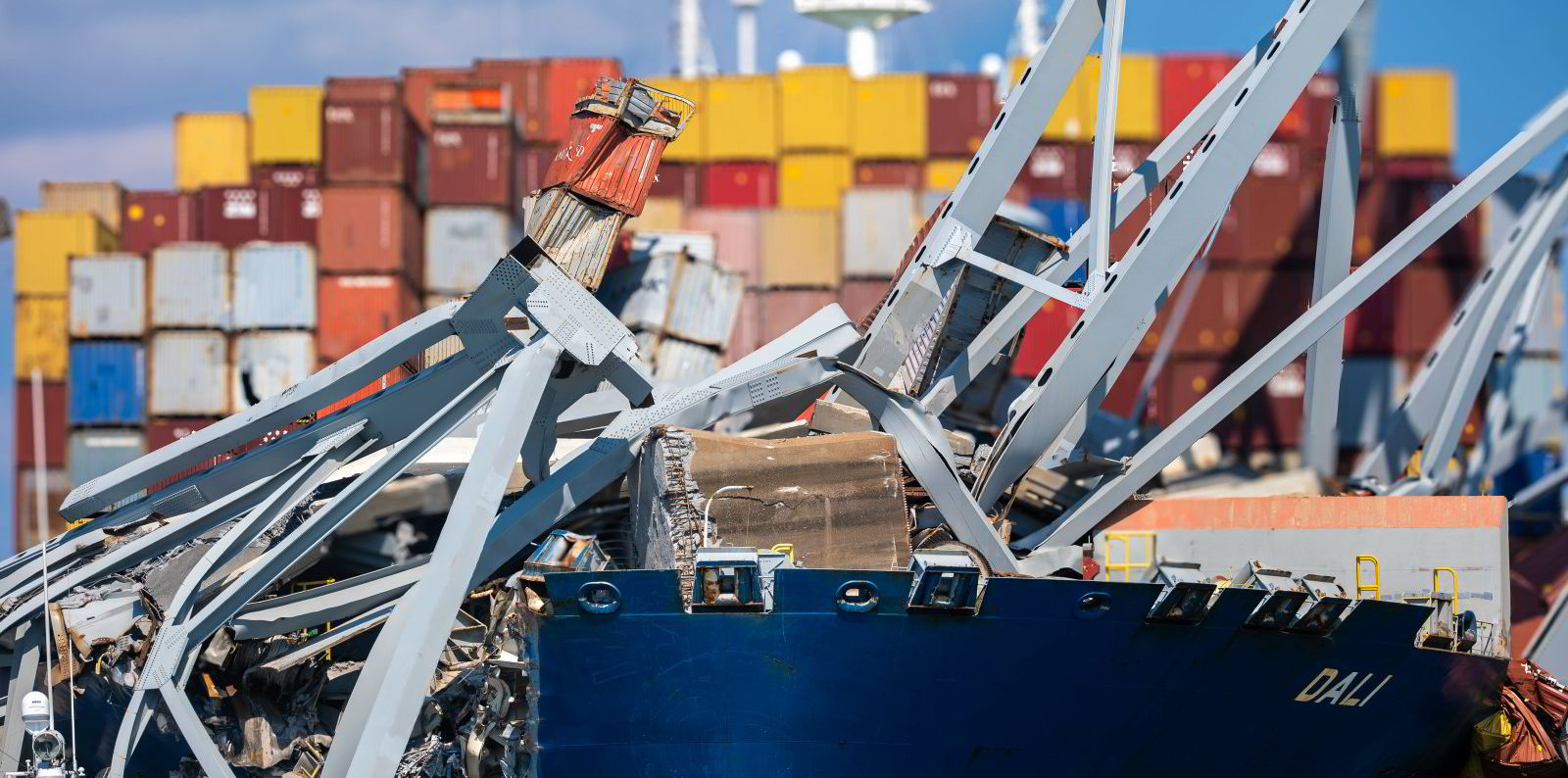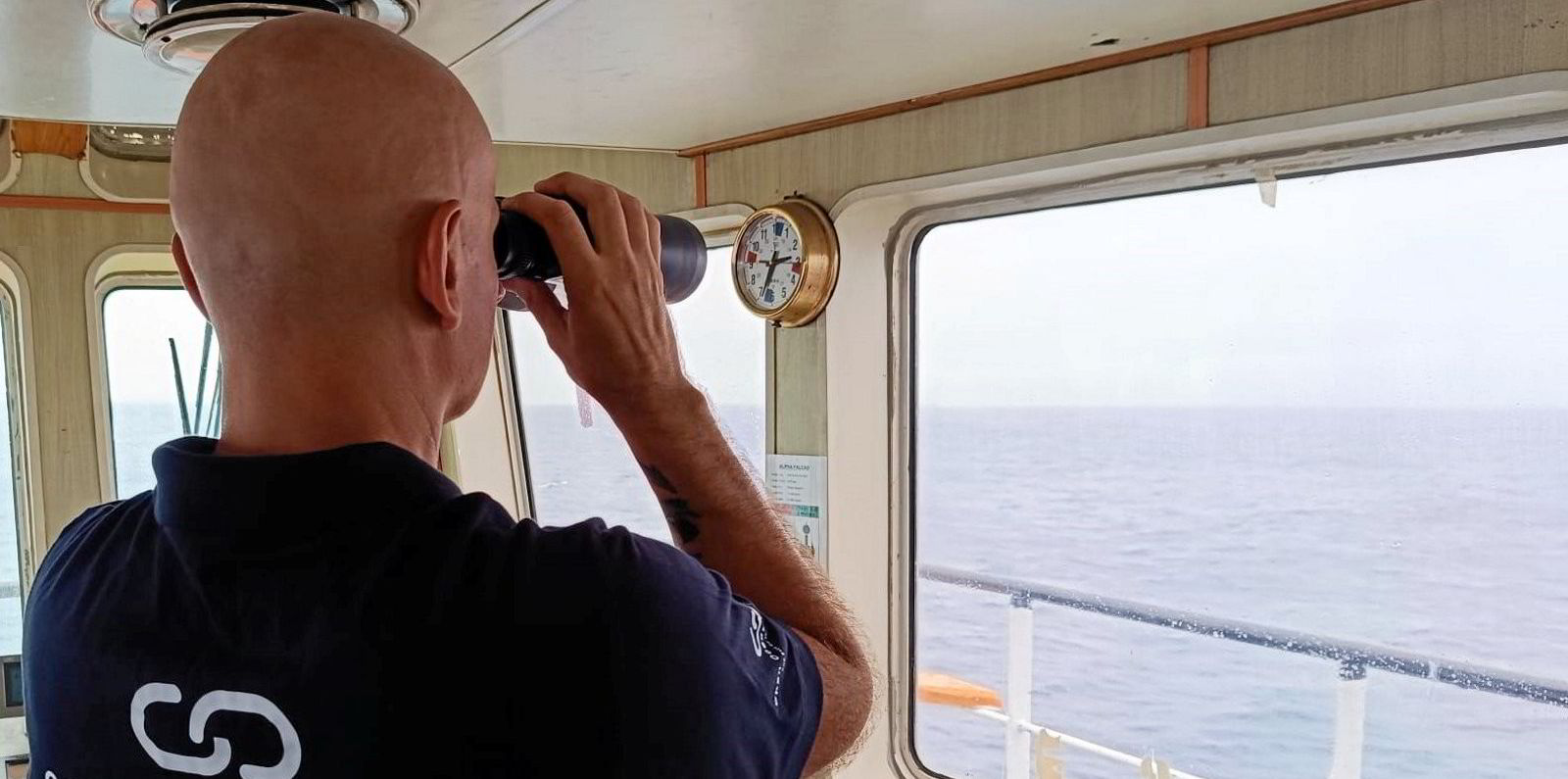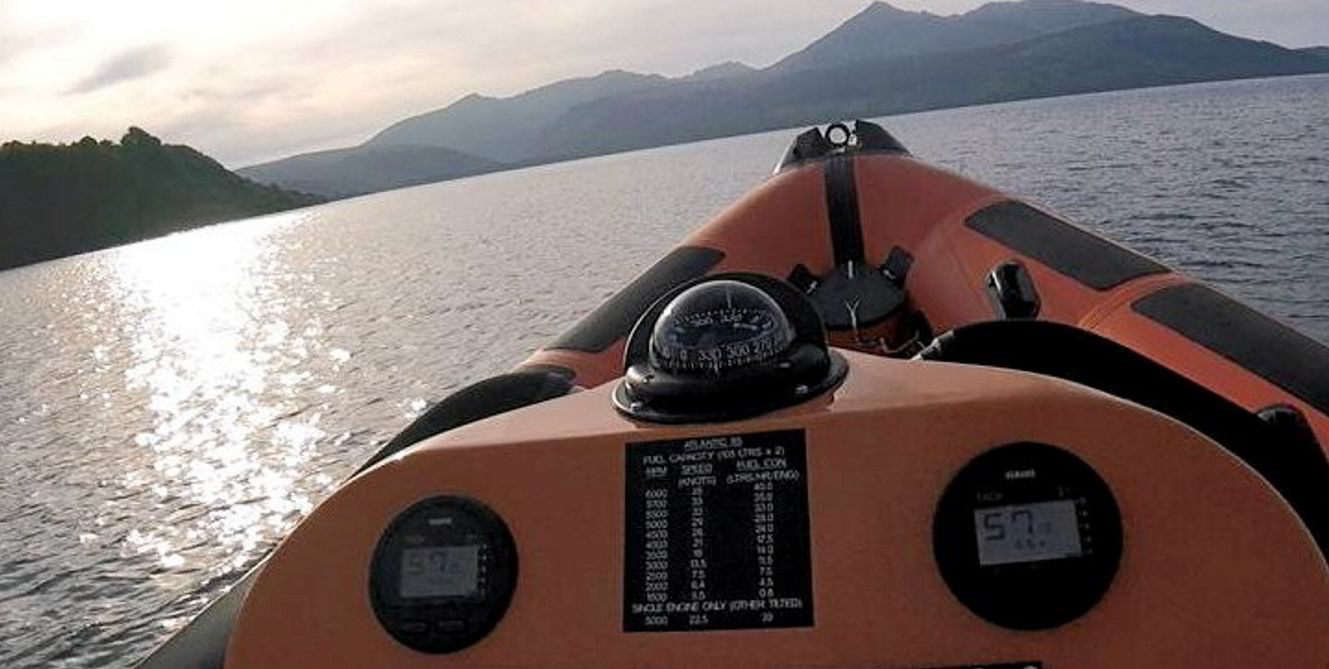The Baltimore bridge disaster should be a wake-up call to the shipping industry’s approach towards safety, accident reporting and its treatment of whistleblowers, the head of a major maritime safety watchdog has told TradeWinds.
Adam Parnell, director of maritime at the Confidential Human Factors Incident Reporting Programme (Chirp), is outraged.
“The outrage is that we are hurting and killing people unnecessarily. We are breaking equipment and damaging and costing a lot of money unnecessarily,” he told TradeWinds.
“And we are potentially polluting the environment unnecessarily because we are not learning as an industry from each other.”
The maritime domain is known as one of the most dangerous working environments, but shipping companies are under pressure to under-report safety issues. Ironically, this misrepresentation of perfect performance is impacting real-life standards.
“Companies have no real option commercially except to, basically, follow the line that they are 100% correct, 100% safe, 100% of the time — and both of those can’t be true, so we know there’s under-reporting, and there’s no blame attached there,” Parnell said.
“I think it’s an external commercial reality that causes people not to report.”
He thinks the commercial environment also “stymies honesty and encourages cutting costs”.
Individual companies and the wider industry are likely to carry more risk than they realise — and certainly more than is necessary.
“We cut costs on the basis that we haven’t had a bad incident happening in our company. Companies are introspective, in general, and therefore [might say] ‘It hasn’t happened, we don’t need to spend money on it. We can take it on risk’,” Parnell explained.

“Whereas, if they were able to look at the particular risks from a global perspective, they could then go ‘Actually, although it hasn’t happened to us, we’ve been really lucky and we can’t take our eye off that particular risk. We still need to control it and that will require money’.”
It might be assumed that only rust-bucket vessels operated by shady single-ship companies are unsafe working environments.
But Parnell said many of the reports Chirp receives come from people who work for massive “household name” shipping companies with glossy PR images.
He declined to name names but said one example of an incident at “a very large container company” paints a picture of how cost-cutting culture is eating into safety.
“I spoke to the master on board his vessel, which was less than four years old. It had been to a port — all the upper deck firefighting equipment had been stolen because it’s all mostly made of brass,” he said.
“When he put in a requisition for some new stuff, he was told ‘No, you’ll have to make do without it because it’s expensive’. But he can’t fight a fire on board without that equipment, certainly on the upper deck, so he was put in an invidious position.
“And I get stories like that all the time where there’s almost a culture of ‘We’ll take it on risk’.”
On board another container ship, operated by another big company, a crew member filed a requisition request after finding a large number of broken twistlocks, used to hold containers in place on deck. The crew member later told Chirp that the request had been turned down based on cost.
But failing to replace a deceptively small thing like twistlocks could pose greater risks later on.
“Worldwide, about 1,500 containers fall off ships every year and they float just below the surface of the water,” Parnell said.
He has sympathy for shipping companies and noted that many safety reports made by crew will be followed up adequately, but said he still sees too many examples where cost considerations compromise safety.
“Pilot ladders should be replaced at no more than three yearly intervals, but people use them longer than three years because they try to get their money’s worth out of them,” Parnell said.
“But they’re not expensive bits of equipment. Pilot ladders are not expensive. There is a pattern across the entire industry — not by everybody and probably not even by the majority — but by a minority who are taking unnecessary risks by not spending wisely on safety.
“Basically, it’s optimism bias, it’s the ‘It won’t happen to me’ syndrome.”
All this being said, Chirp often finds that when it feeds back reports received from shipping companies, they are more than willing to tackle the issues raised.
“So that tells me that there’s a culture problem because if the company — and I can only take them at face value — genuinely is increasingly interested in safety and safety culture and yet their seafarers aren’t feeling that, then there’s a disjoint,” he said.
Reflecting on crisis
In the wake of the Baltimore bridge disaster, it is hard not to draw mental parallels with the Boeing scandal, which has changed the face of the aviation industry.
A report into Boeing’s safety culture by an expert panel of the US Federal Aviation Authority in February found a “disconnect” between senior management and staff. Workers were hesitant to report problems for fear of retaliation, and there were no processes in place to collate and disseminate safety expertise.
Parnell thinks that, outside of failings at Boeing, shipping has much to learn from the aviation industry.
Aviation has a “just culture” that allows for open communication about incidents without fear of blame, but shipping is potentially decades behind in adopting this approach.
The maritime industry has a culture of blaming individuals for incidents, rather than examining systemic issues. It is also miles behind in sharing safety expertise.
The lack of an industry-wide mechanism to share safety learnings means that even if one company succeeds at solving a recurrent issue, other companies remain in the dark.
“There is no global repository for people to actually identify the prevalence of issues across the industry,” Parnell said.
“We don’t even record centrally an accurate number of deaths, so how are we expecting to record slips, trips, falls and other things in safety culture? It’s impossible.”
Many companies are collaborating on analysing safety incident data via the Hi-Lo Maritime Risk Management programme. Parnell thinks this is a good example of how companies can work together to get better at identifying and tackling risk.
“But you’ve got to remember that as good as Hi-Lo and RightShip and Chirp and all these other people are, they are all only holding a fraction of the reality,” he said.
“I would no more extrapolate to the entire maritime industry based on my figures alone than any other reporting system.
“It’s a bit like a 1,000-piece jigsaw and we’re all holding one single piece.”
Up to 20% of the safety concern reports received by the Confidential Human Factors Incident Reporting Programme (Chirp) are submitted by whistleblowers who say they fear retaliation for doing so. And these fears are not unfounded.
“They contact us and say ‘I just want you to know, this has happened in my company’ and they’ll give us a safety concern. ‘When I reported it, I was landed at the next port or my contract wasn’t renewed, or I was suddenly accused of something and I was then let go’,” Chirp director of maritime Adam Parnell said.
“Basically, people worry that they get seen as a troublemaker and so they end up keeping their heads down, saying nothing and hoping that nothing bad will happen.”
But there have been more extreme examples of retaliation against whistleblowers reported to Chirp.
“We’ve had a report where somebody who was a surveyor found issues, contacted us and said ‘I’m in genuine fear in my life. A very, very large sum of money has appeared on my bank account that I wasn’t expecting. And I’ve been told that’s to keep me quiet. But there are implicit threats against my family’,” Parnell said.
Incidents like these may be rare, he added, “but we do get people who come to us for genuine fear”.
“We had an incident that we published, where a master on a vessel contacted us and … said ‘I have been locked in my cabin, somebody else has taken over as master. I am worried that I will not be on the ship when it next gets to port’,” Parnell said.
“We ended up talking to and liaising with the UK authorities, who liaised internationally with the law enforcement agent of the port that [the ship] pulled into and they sent a police presence on and it was monitored by law enforcement at range.
“And then they actually went and basically rescued him when he got to the next port.”
In another example, a UK-based company — that Parnell did not name but said outwardly has a good reputation — made more effort to investigate the identity of the whistleblower rather than address the safety issues being reported. The UK company went as far as to search its email servers to try to find out who had tipped off authorities.





